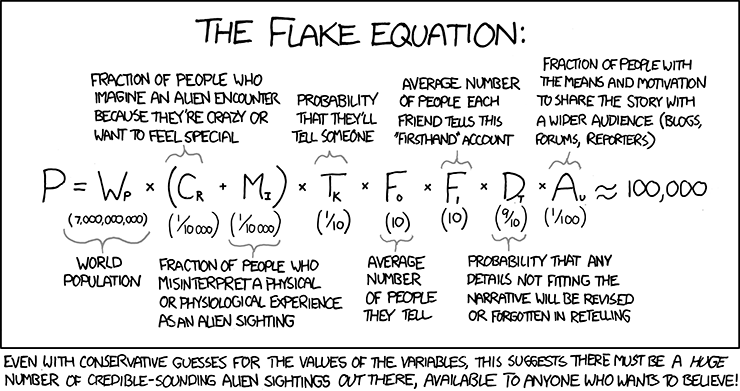The State of the Internet Operating System - O'Reilly RadarThis is the crux of my argument about the internet operating system. We are once again approaching the point at which the Faustian bargain will be made: simply use our facilities, and the complexity will go away. And much as happened during the 1980s, there is more than one company making that promise. We're entering a modern version of "the Great Game", the rivalry to control the narrow passes to the promised future of computing. (John Battelle calls them "points of control".) This rivalry is seen most acutely in mobile applications that rely on internet services as back-ends. As Nick Bilton of the New York Times described it in a recent article comparing the Google Nexus One and the iPhone:
Chad Dickerson, chief technology officer of Etsy, received a pre-launch Nexus One from Google three weeks ago. He says Google's phone feels connected to certain services on the Web in a way the iPhone doesn't. "Compared to the iPhone, the Google phone feels like it's part of the Internet to me," he said. "If you live in a Google world, you have that world in your pocket in a way that's cleaner and more connected than the iPhone."
The same thing applies to the iPhone. If you're a MobileMe, iPhoto, iTunes or Safari user, the iPhone connects effortlessly to your pictures, contacts, bookmarks and music. But if you use other services, you sometimes need to find software workarounds to get access to your content.
In comparison, with the Nexus One, if you use GMail, Google Calendar or Picasa, Google's online photo storage software, the phone connects effortlessly to these services and automatically syncs with a single log-in on the phone.
The phones work perfectly with their respective software, but both of them don't make an effort to play nice with other services.
Never mind the technical details of whether the Internet really has an operating system or not. It's clear that in mobile, we're being presented with a choice of platforms that goes far beyond the operating system on the handheld device itself.
One aspect I think you missed is that the PC was (and is) a limited resource. Microsoft's unification (which went back to a letter to the world written by Bill Gates) was of course an important step in the evolution of the desktop PC (even if it wasn't really a new concept). The notion that print drivers were ever attached to applications in the first place had many people scratching their heads.
When I read Gates letter I said "YES!" that's what we need... a REAL operating system like what we already have on mainframes, minicomputers, etc. Of course at the time we were led to believe that OS/2 would be the combined effort of IBM and Microsoft that would make that happen. What happened instead was NT, which required a bigger faster machine to even install. And then Windows outgrew that machine, and then the one after that, and so on.
Things haven't changed much, the rate at which our OSs outgrow our desktop hardware has slowed, but not by much.
The cloud doesn't have that problem though. If all my local computer can do is run a network card and the display halfway decently I have access via the Internet to an infinitely expandable machine. 8 bit, 16 bit, 32 bit 64 bit 128 bit, I don't have to care as I am most likely not to be writing network based applications in either assembler language or even C. Multiple architectures can exist simultaneously and there is no need to worry about "bloat" as each server is only doing what it knows how to do in the way it knows how to do it.
Yes, Facebook, or Google or some other company could claim to simplify it all for us and might in fact provide a useful service in trying. But as soon as such a company sits down to rest some other company may well be tapping into that customer base, doing the one thing that was forgotten or not done very well.
Users (particularly users who "program") need to demand open APIs, eschew companies that won't offer them and steer end users (who don't program) away from the tar pits. I hope to see more of that, and in shouts, not just polite whispers.




